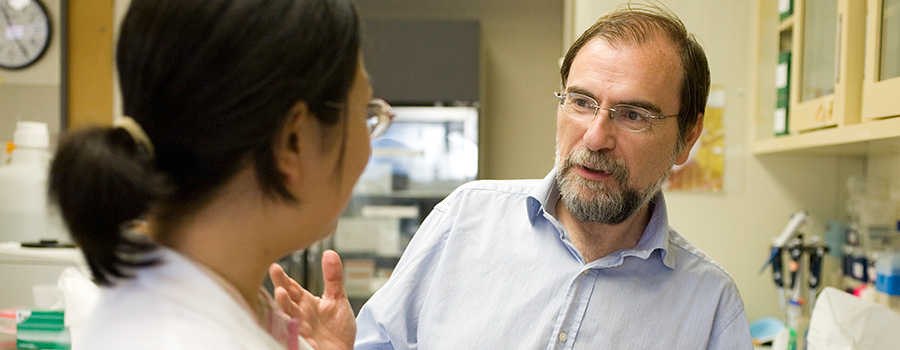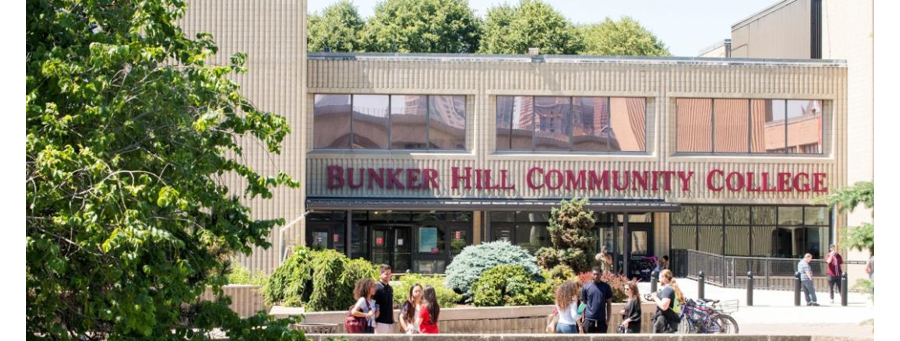Training in Teaching
Preparing and presenting a semester-long course at one of the Tufts IRACDA partner institutions is an integral part of the our program and is described in the Teaching Guidelines. This mentored teaching assignment is determined in part by the interest and expertise of the scholar and by the needs of the partner schools. It provides an unparalleled opportunity to gain familiarity with the time and effort that it takes to design and teach a course and the challenges and rewards of teaching a diverse study body.
Partner Schools
The Tufts IRACDA program partners with three minority-serving institutions in the local Boston area that are readily accessible by public transportation. Scholars will carry out some of their teaching activities at these institutions and liaisons from these schools will participate with the scholars in developing their teaching assignment. Our partner institutions are listed below.
University of Massachusetts - Boston
UMass Boston is a four-year public university located in the Columbia Point section of Boston and is the university that serves the most diverse student population in New England. It provides training leading to bachelor's degrees in a broad range of subjects and has a number of graduate programs.
Liaisons
Brian White, PhD, Associate Professor of Biology, College of Science & Mathematics
Len von Morzé, PhD, Interim Dean, Honors College
Bunker Hill Community College
Bunker Hill Community College is the state’s largest community college and offers an Associate in Science degree as well as an Associate in Arts degree. The main campus is in Charlestown, MA and a second campus is located in Chelsea, MA.
Liaison
Elizabeth Dunphy, PhD, Professor of Biology and Chemistry
Suffolk University
Suffolk University is a primarily undergraduate institution located less than a mile from the Tufts Boston campus. It offers baccalaureate degrees in several STEM fields including Biology, Biochemistry, Chemistry, and Computer Science and focuses on historically marginalized students.
Liaison
Annette McGehee, PhD, Associate Professor of Biology
Preparing for Teaching
To prepare for their teaching assignment, Tufts IRACDA scholars participate in the Graduate Institute for Teaching Program (GIFT Program) a full-time, three-week intensive course that introduces them to important pedagogical principles. Topics covered include syllabus and course design; curriculum development; presentation skills; engaging and motivating students; leading group discussions, lab sections, and class projects; teaching with technology; assessment; and teacher-student relationships. At the end of the course, each scholar presents a sample lesson that is video taped for subsequent review and receives peer and instructor feedback. This training is augmented with workshops on topics such as effective course design, active learning, teaching with technology and implicit bias.



